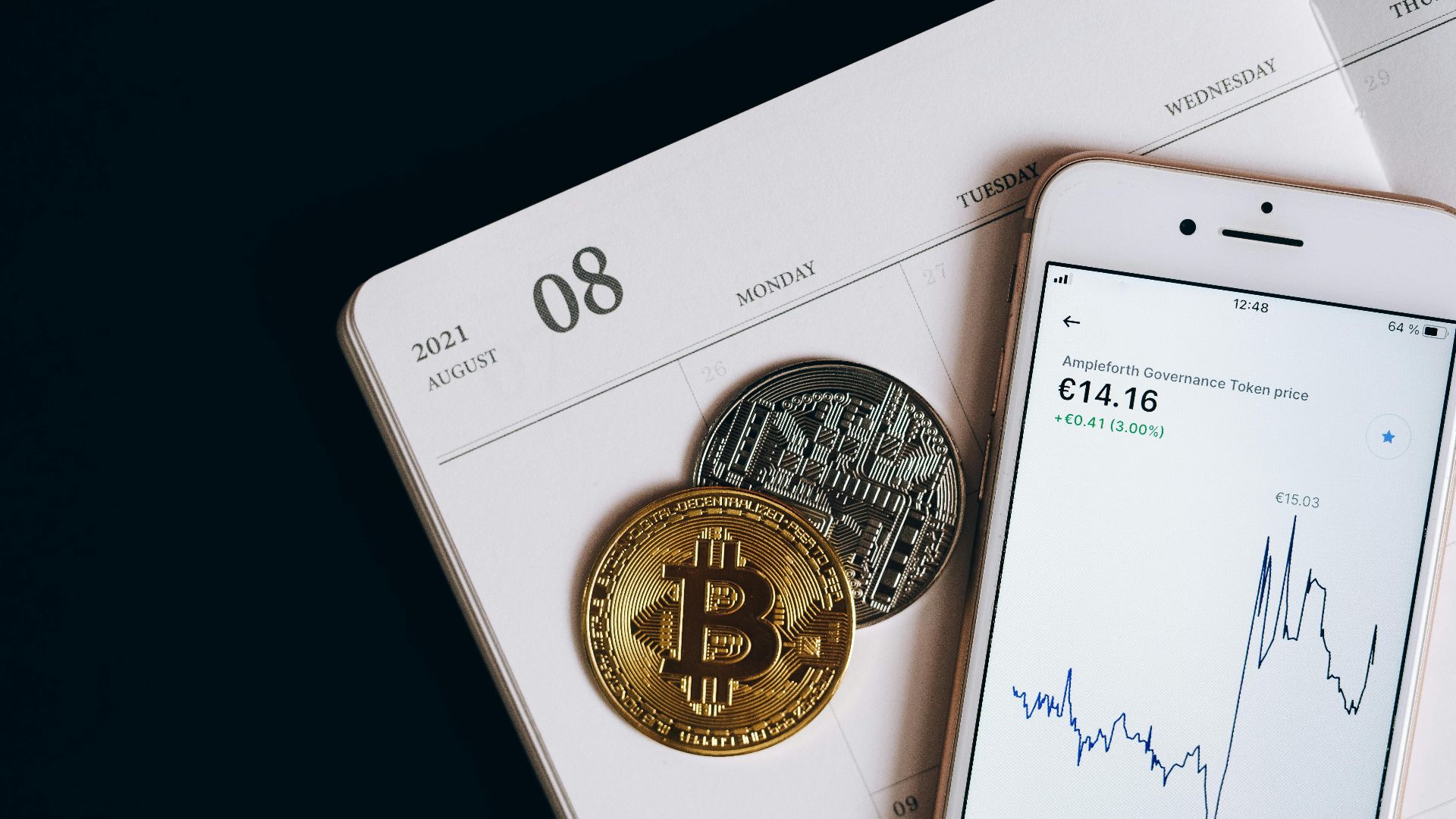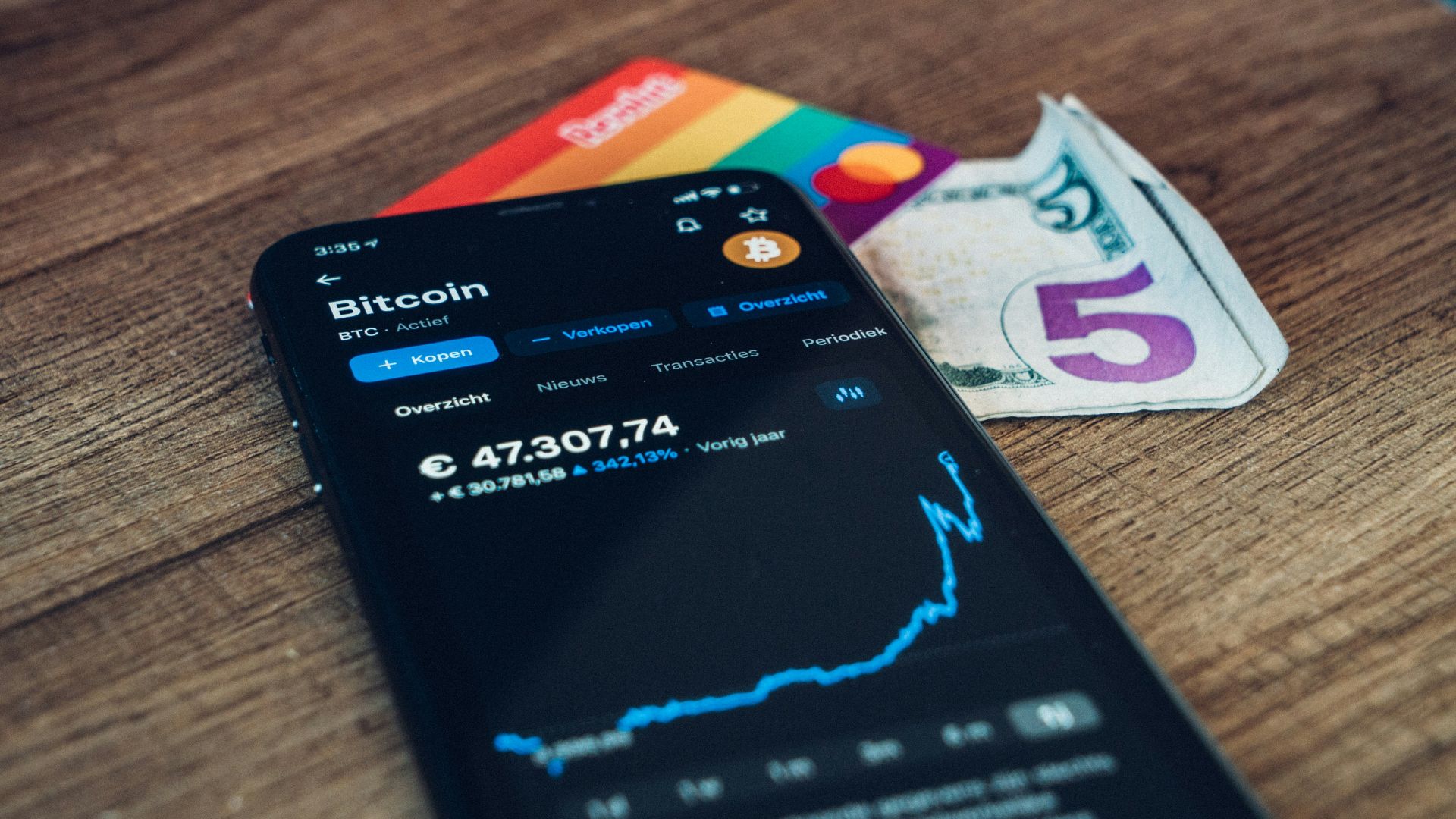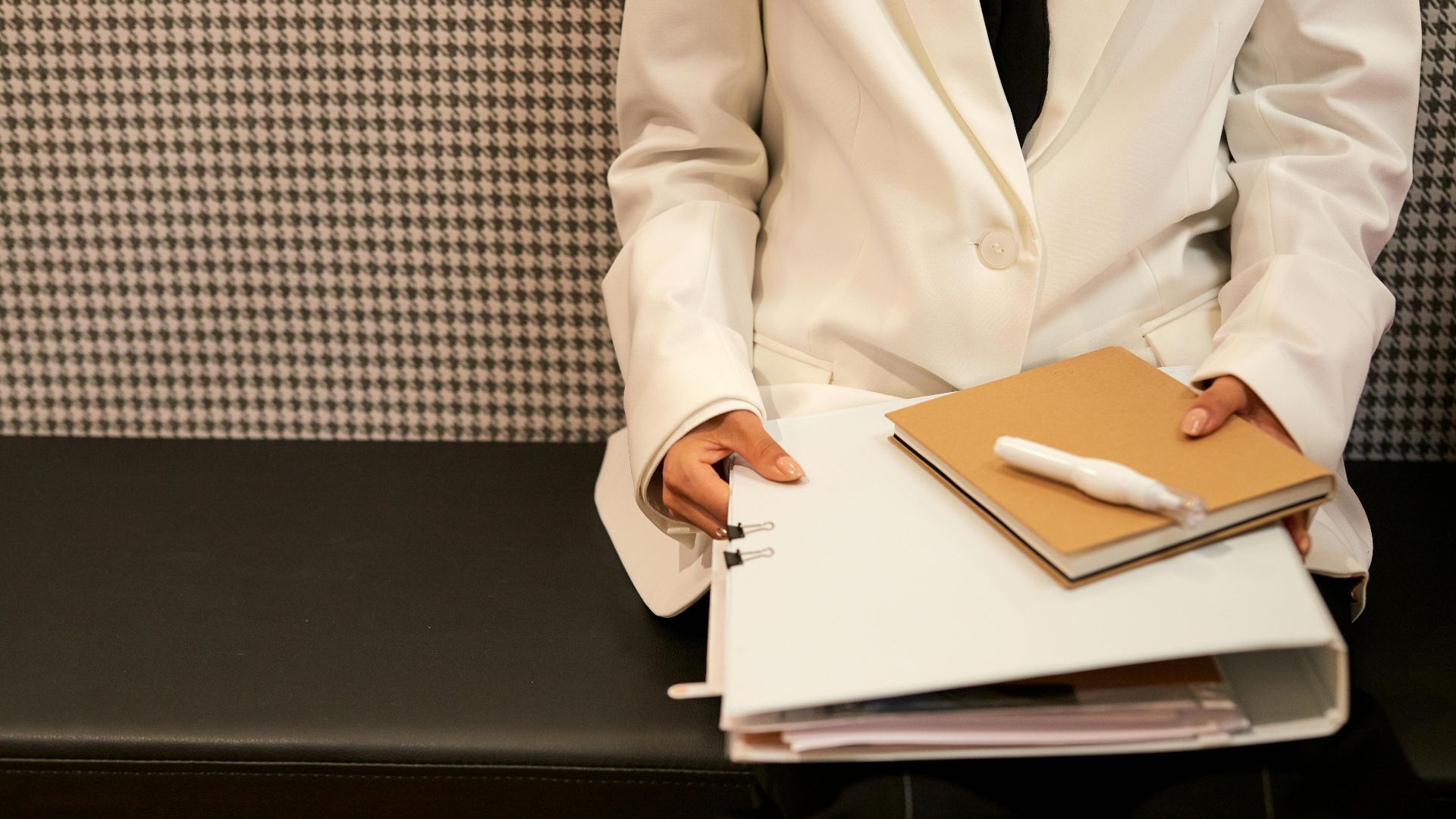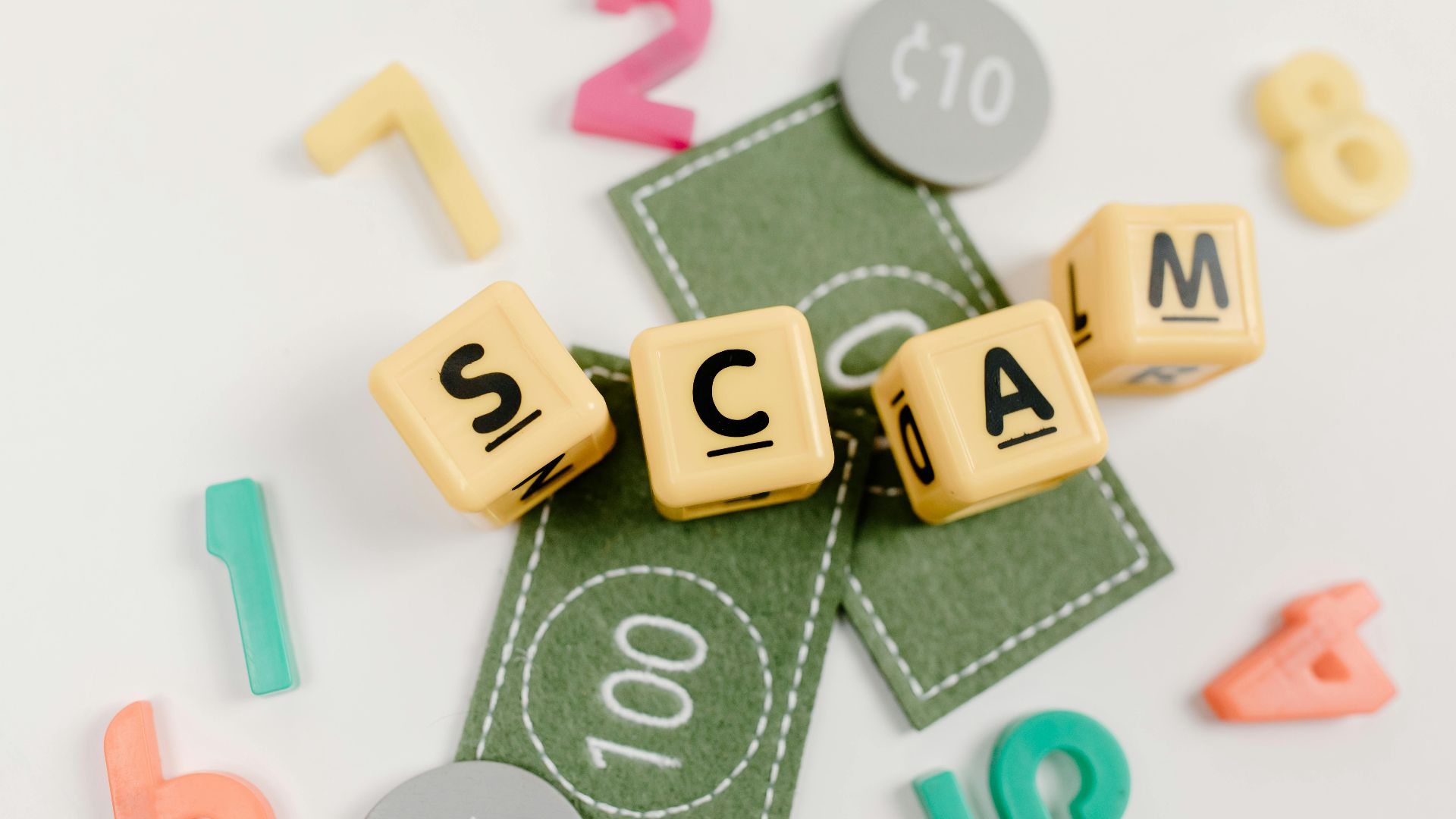The Gravity Of The Situation
Inheriting cryptocurrency without access credentials is a unique challenge. Unlike traditional bank accounts, there’s no customer service line to call. Bitcoin wallets are protected by private keys and seed phrases. Without these it’s extremely difficult to recover access. However, you still have options to explore.

Determine What Type Of Wallet Your Dad Used
First, try to figure out how your dad stored his Bitcoin. Did he use a centralized exchange like Coinbase or Binance? Or was it held in a private wallet on his computer, mobile device, or a hardware wallet? The type of storage has a major effect on the kind of recovery steps that are possible.
Check For Centralized Exchange Accounts
If your dad kept his Bitcoin with an exchange, there’s a chance that there could be a recovery process. These platforms often require proof of death and inheritance documents before they’ll release funds to heirs. Start by contacting customer support, providing a death certificate, and showing legal proof of your inheritance rights.
Get Your Legal Documents Together For Verification
To claim Bitcoin held on exchanges, you need to present legal paperwork. This normally consists of a death certificate, will, probate documents, or court orders identifying you as rightful heirs. If you have all your documents in order, you’ll be able to move quickly once you identify the account provider.
See Whether Your Dad Used A Hardware Wallet
Hardware wallets, like Ledger or Trezor, store Bitcoin offline. Without the recovery phrase or PIN, accessing the wallet is close to impossible. Still, check for physical devices among your dad’s belongings. If one turns up, consult the device documentation; sometimes multiple recovery attempts are possible if partial information is available.
Investigate Software And Mobile Wallets
If your dad used software wallets, search his devices for applications like Electrum, Exodus, or Trust Wallet. Access might require a password, but some apps include backup files or seed phrases stored on the device. An exhaustive forensic examination of his computers or phones may uncover recovery clues.
Hire A Digital Estate Specialist
Professional digital forensics experts can help locate crypto wallets or recover files containing keys. They analyze computers, mobile devices, or cloud backups for wallet data. These experts are expensive, but their expertise could uncover access to the funds. Just make sure you’re working with a reputable, security-conscious firm to avoid scams.
Know That Private Keys Are Irreplaceable
It’s critical to understand that without private keys or recovery phrases, no one, not even the developers of Bitcoin, can unlock the funds. This feature protects users’ privacy but complicates inheritances. Being aware of this fact helps you focus on viable recovery paths instead of false promises from scammers.
Avoid Recovery Scams At All Costs
Unfortunately, there are fraudsters that prey on families trying to recover lost crypto. Be wary of anyone guaranteeing access to wallets without private keys. These services often demand upfront payment or even worse, steal any remaining data. Stick to certified professionals or exchanges to minimize your risk.
Get Guidance From Probate Attorneys Experienced With Crypto
Work with an estate attorney experienced in cryptocurrency inheritance. They can shepherd you through the legal procedures for claiming assets from exchanges or pursuing digital forensic efforts. There are an increasing number of attorneys specializing in digital asset law, and their expertise is important when navigating probate with Bitcoin involved.
Document All Recovery Attempts Thoroughly
Keep detailed records of every step you take. Document who you talk to, what devices you inspect, and what evidence you find. This helps with legal claims and protects you from disputes between heirs. Good recordkeeping ensures transparency and fairness as you work with your sister.
 LinkedIn Sales Navigator, Pexels
LinkedIn Sales Navigator, Pexels
Explore Probate Court Options
If exchanges refuse to release funds or disputes crop up, probate court may be necessary. Judges can order platforms to release assets to heirs if proper evidence is provided. While it takes time and legal fees, it could be the only way to resolve access issues with centralized providers.
Think Of The Tax Implications Of Inherited Bitcoin
Inheritance doesn’t exempt you from taxes. The IRS treats inherited crypto as property, with a stepped-up cost basis at the time of death. This means if you sell at a later date, taxes are calculated from that date’s value. A tax professional can help you make sure you’re in compliance with all reporting requirements.
Storage And Security After Recovery
In the event that you do gain access, plan carefully for how to store the Bitcoin. Use secure hardware wallets and create multiple backups of recovery phrases stored in safe, offline locations. Don’t keep everything on exchanges. Proper storage protects you and protects your heirs from having to deal with the same issues.
Have A Family Conversation About Division Of Assets
Since you and your sister are both heirs, talk to each other about how the Bitcoin should be split. Crypto can be transferred in small amounts, so division is easier than with physical assets. Transparency and early agreement will help you avoid conflict during an already emotional time.
Learn From The Experience To Improve Your Own Estate Planning
This situation brings up the importance of digital estate planning. Make sure your own heirs won’t have to deal with the same issues. Draft a will, keep a record of digital assets, and share access information securely only with trusted individuals or through legal documents. This will give security to your family for the future.
Explore Cryptocurrency Inheritance Services
New services specialize in helping people pass down crypto securely, using multisignature wallets or smart contracts triggered by death verification. While still in the early stages, these tools may one day be the standard for future inheritance planning. You may want to consider using them for your own digital assets once your current situation is resolved.
Don’t Rush To Sell Right Away
Once you get access, resist the urge to sell everything right away. Crypto values fluctuate significantly. Go over it with financial advisors who understand digital assets. They can help you decide whether holding, selling gradually, or diversifying makes sense. A little bit of prior planning ensures you make the most of the value of your inheritance.
Accept That Some Assets May Be Unrecoverable
Despite your best efforts, it’s unfortunately possible the Bitcoin can’t be accessed without the password or keys. While it’s painful, accepting this possibility can help you focus on the things that are still within your control: other assets; estate items; and financial lessons learned. Not every digital inheritance can be reclaimed.
 ANTONI SHKRABA production, Pexels
ANTONI SHKRABA production, Pexels
Turn The Experience Into A Financial Lesson
Although it’s frustrating, this experience shows once again the need for transparency and planning in financial matters. Use it as a chance to strengthen your financial knowledge, set up your own estate plans, and educate others about crypto inheritance challenges. Turning adversity into wisdom can make your family more resilient in the long run.
You May Also Like:
Crypto Crash Course: Here Are The 12 Biggest Cryptocurrencies
























